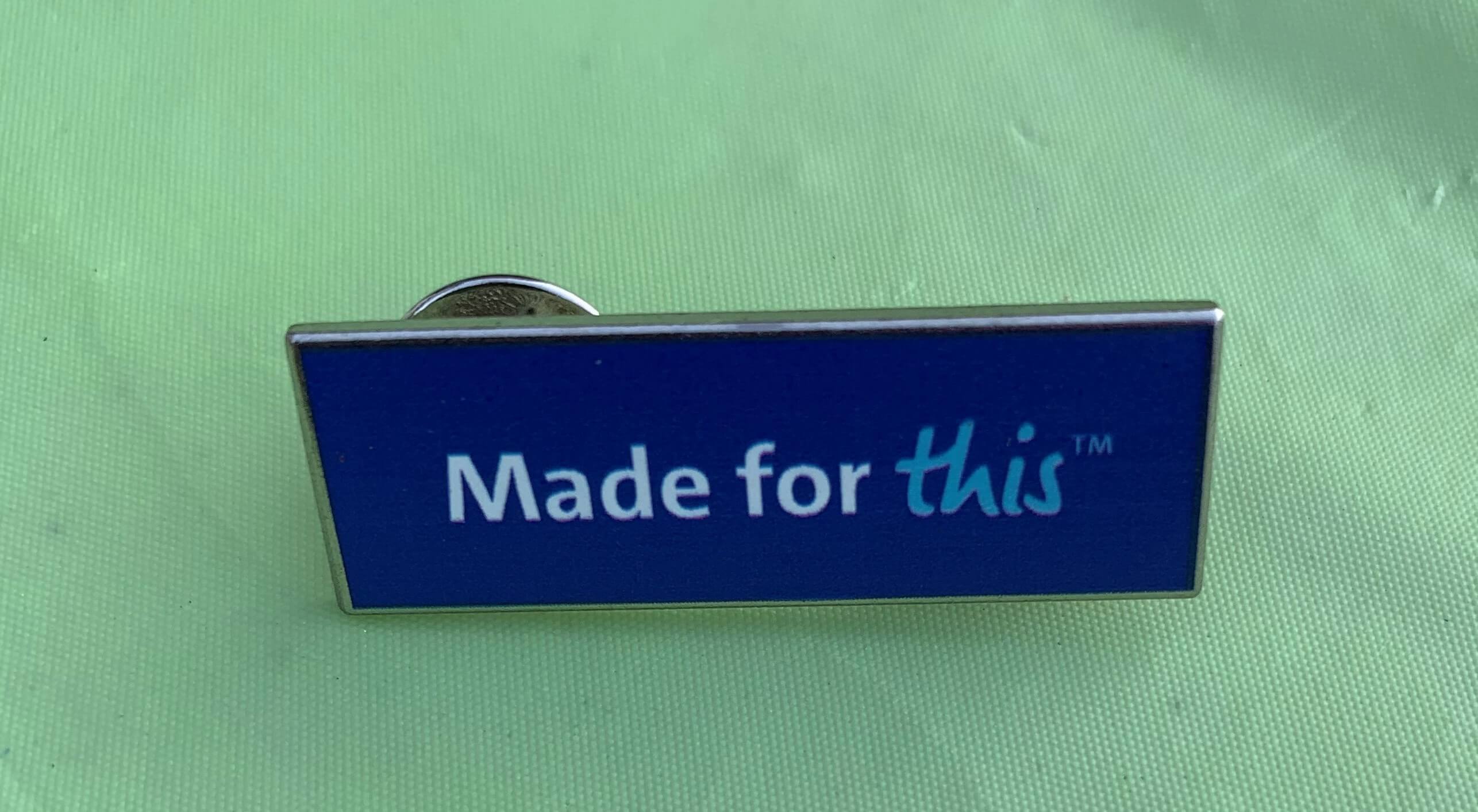Meaningful Changes Leaders Can Make to Promote the Long-Term Well-Being of the Health Care Workforce
Why It Matters

What could you do now to improve the long-term well-being of your organization’s workforce?
This was the provocation addressed during a recent IHI Leadership Alliance virtual roundtable. Alliance colleagues discussed the changes and actions necessary to meaningfully tackle the systemic and structural drivers of workforce well-being. The Leadership Alliance is a group of health care executives pledged to deliver on the full promise of the IHI Triple Aim.
Learning from the experiences from Northwell Health, New York State's largest health care provider and private employer, the discussion focused on the role of executives in changing systems to prioritize the sustained well-being of its care providers as part of crisis recovery. Northwell Health President and CEO Michael Dowling shared stories of hope and his commitment to supporting the health and welfare of provider teams far beyond the pandemic.
Northwell has been at the epicenter of COVID-19 response since March of 2020, and the health system has cared for more than 200,000 COVID-19 patients in the past year. Recognizing the toll the pandemic has been having on teams, Northwell is testing a variety of programs and support structures for frontline providers. Here are a few examples of actions they have taken and programs they have created or expanded:
- An interdisciplinary team comprised of behavioral health professionals, wellness experts, spiritual leaders and other trained emotional support team members was established during the first surge to support team members’ emotional, spiritual, physical, social, and financial well-being and provide resilience coaching.
- Team Lavender, a program put in place nearly four years ago, expanded under the guidance of Northwell’s Patient and Customer Experience team. The program disseminated a toolkit and trained responders who help staff explore coping mechanisms and extend additional resources for mental well-being. Northwell now has over 100 trained responders.
- To address the financial needs of employees, Northwell has established two funds supported through donations. The Northwell Heroes Caregiver Support Fund provides financial support for rent and mortgage relief, food, bills, and other necessities to employees who need it most. So far, the fund has distributed $400,000 of direct payments to Northwell staff.
- The Northwell Heroes Memorial Fund supports the families of employees who have lost their lives to COVID-19. The fund helps with funeral expenses, memorials, and other related costs. To date, the fund has raised over $323,000. In addition, Northwell has extended salary and benefits to the families of the team members lost to COVID-19.
- Northwell awarded a bonus and additional week of paid time off to over 54,000 frontline staff. They also received a note from Dowling expressing his appreciation. “You ran towards the danger so others could stay safe,” he wrote.
There were a total of 440 Team Lavender responses between May and August of 2020. The expansion of the program resulted in over 3,000 responses between August 2020 and February 2021. Staff have expressed appreciation for the support systems and coaching, with one nurse saying, “Working through all of these skills made me feel more comfortable at work when speaking with managers or co-workers. I have been able to take those skills and apply them to my personal life. It has made me more resilient.”
Dowling asserted that it is vital to address the needs of staff holistically during and beyond the pandemic. Long-term infrastructure for staff, he noted, must be put in place to support their needs.
To prioritize systemic and structural drivers of workforce well-being, Dowling offered leaders these pieces of advice:
- Allow people the flexibility to change the care model — Dowling urged leaders to give health care staff the autonomy to do their best work. “Employees are in the business of doing good work,” Dowling said, “and it is important to allow them the freedom to do their work and not worry about failure. Instead, we should allow failure and learn from it.” Rather than creating more complexities, he said, health care needs to strive for simplicity, and cultivate the sense that employees support a mission instead of just working at an organization.
- Redefine productivity and quality — In surveys, Northwell has learned that patients consider access, coordination, and convenience to be the three biggest measures of quality. Productivity, Dowling said, should be defined as providing the best outcome for the patient. Redefining how to measure quality and productivity will be key to improving patient experience and outcomes.
- Maintain an interdisciplinary approach after COVID — The pandemic is reshaping so many aspects of care delivery. Dowling advises health systems to avoid going back to pre-pandemic delivery models, and instead use this time to create systems that better serve the needs of patients and allow staff to provide the best care. Dowling noted that it is essential that health care uses the lessons learned while dealing with COVID-19 to create models of care that can address complex patient needs in the aftermath of the pandemic.
Every health system is adapting to upheaval caused by COVID-19. Leaders must prioritize the health and well-being of their entire staff while charting a new future. This means making strategic, structural changes to improve employee access to mental health services, mobilize support systems, and engage diverse teams in reimagining care delivery models to adapt to an evolving landscape.
Elias Miranda is an IHI Associate Project Manager.
You may also be interested in:
4 Unconventional Ways to Support the Health and Well-Being of the Health Care Workforce
